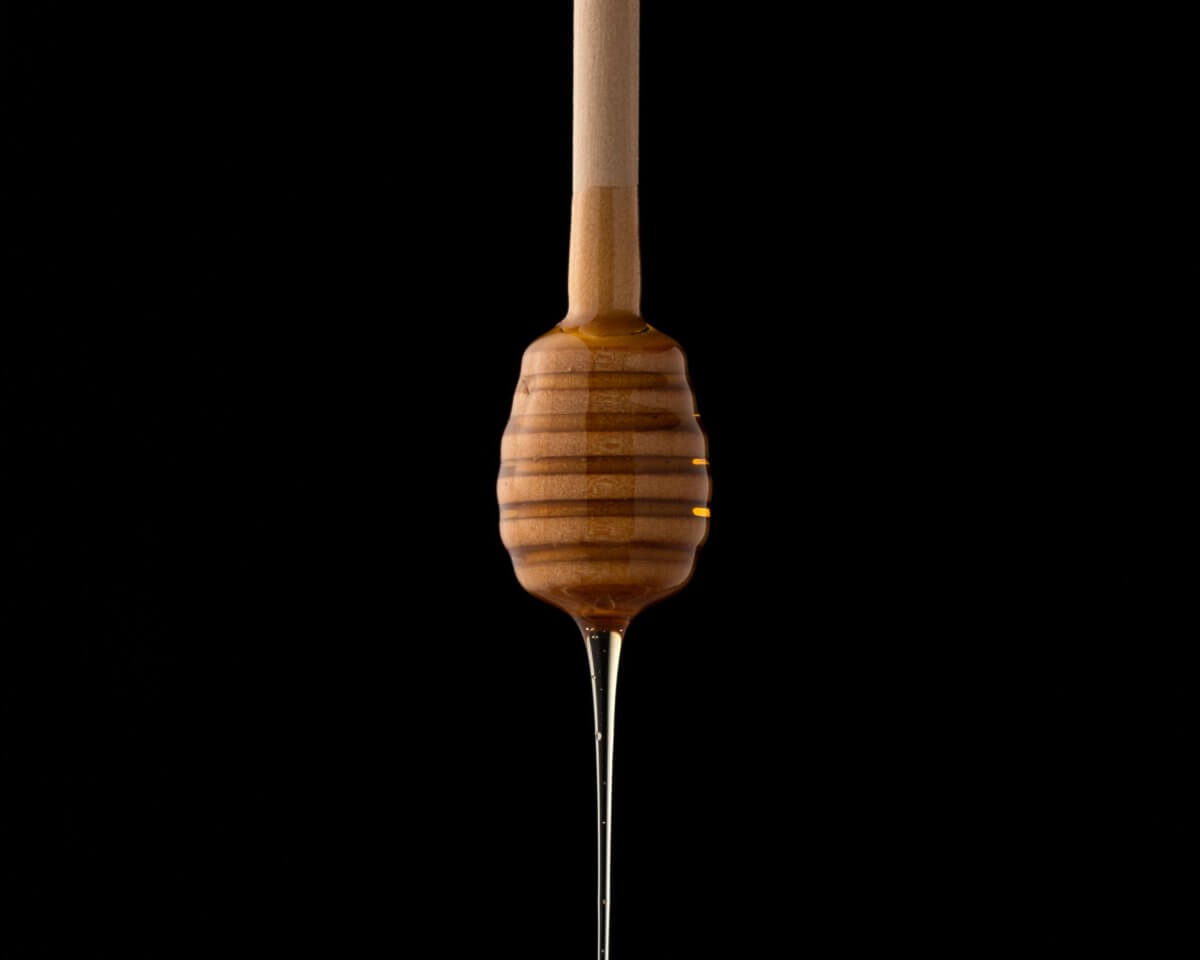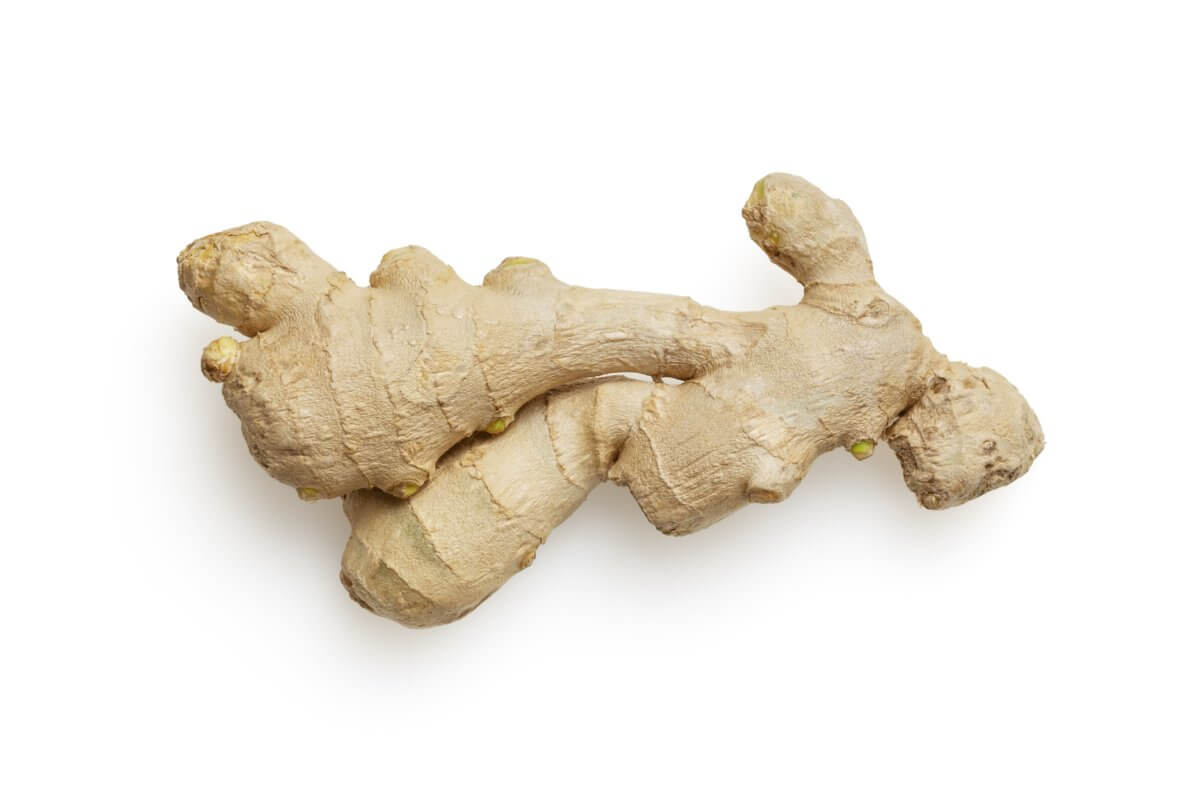Walk down the cough medicine aisle at your pharmacy and you’re faced with choices, choices, choices. But it’s not a coughing matter! You’re feeling under the weather and all you want is to find the remedy that will soothe your throat and hopefully let you get some sleep. So, we decided to turn to the “experts” for their thoughts on the best cough remedies to give your throat (and lungs) a break.
According to America’s Pharmacy, choosing the best cough medicine and remedies depends on the reason for your cough and the type of cough. Verywell Health breaks down the type of remedies that are best for each cough, and here’s the deal. Cough medicines include: suppressants aimed at reducing dry coughs, expectorants that thin the mucus in wet coughs and combination products for multiple symptoms. And there are a lot of reasons you may be looking for cough medicine.
Reasons like going to work. A survey of 2,000 Americans found that 78 percent of respondents feel pressure to power through the work day even when they’re sick. And 69 percent agreed that a severe cough is not a good enough reason to skip work. However, 82 percent are annoyed when others come to work sick. But this is nothing new.
In fact, dinosaurs were discovered to have dealt with coughs. Scientists believe they’ve found the first piece of evidence revealing a unique respiratory infection in a 150-million-year-old dinosaur. But thankfully, you have more options than the dinosaurs. After all, a relentless hack can drive most people to seek relief. So, we’ve searched 12 expert websites for the consensus five best cough remedies available to you in the modern era.
The List: Best Cough Remedies, According To Medical Pros
1. Dextromethorphan
This ingredient targets dry coughs. U.S. News explains, “Cough suppressants block, or suppress, the cough reflex. Generally, coughing is a healthy way to clear the airways of mucus, so cough suppressants should only be used for dry, hacking coughs.” And as for pharmacists, 47 percent recommend the brand Delsym, which has dextromethorphan.
Zocdoc also recommends Delsym for dry coughs: “For a dry, irritating cough, you might find relief from dextromethorphan, a cough suppressant and the active ingredient in medicines like Delsym. Just be sure to avoid dextromethorphan if you’re having a wet, productive cough. ‘You don’t want to suppress a productive cough,’ says Jenny Hetzel, a clinical pharmacist and outpatient pharmacy coordinator at UW Health in Madison, Wisconsin. ‘When your body is clearing things out, you don’t want to stop that clearing.’”
“A cough suppressant that affects the signals in the brain that trigger cough reflex. Dextromethorphan is used to treat a cough and is available over the counter in syrup, capsule, spray, tablet, and lozenge form. It is also present in many over-the-counter and prescription combination medications,” SingleCare writes.
2. Guaifenesin
You guessed it: This ingredient targets wet coughs. According to K Health guaifenesin is: “The only expectorant approved by the U.S. Food and Drug Administration. It’s often combined with another ingredient and is available in several brand name medicines, including Robitussin DM and Mucinex.”
Pharmacy Times recommends it for productive coughs, writing, “Guaifenesin had seemingly favorable results, decreasing cough frequency and intensity by 75% after 3 days. Overall, OTC products cannot cure that troublesome cough but, when used appropriately, can help with symptom management and even provide peace of mind. Expectorants, such as guaifenesin, should be recommended when patients complain of wet coughs, which are often accompanied by mucus.”
And NetDoctor agrees, saying, “A chesty cough occurs as a result of too much mucus being produced, which may be thick and difficult to cough up. Using medicines containing … guaifenesin can help to break up any excess mucus that may have accumulated.”
3. Honey
Instead of a pharmaceutical recommendation, Healthline gives you a recipe for your cough: “According to a 2018 review on the effects of honey on acute cough … researchers found that honey may relieve coughs more effectively than some OTC medications. You can create your own remedy at home by mixing up to 2 teaspoons of honey with herbal tea or warm water and lemon. The honey does the soothing, while the lemon juice can help with congestion. You can also eat the 2 teaspoons of honey or spread it on bread as a snack. Due to the risk of botulism, never feed honey to infants under 12 months old.”
And here’s what the Mayo Clinic says, “Honey alone may be an effective cough suppressant … In fact, in the study, honey appeared to be as effective as a common cough suppressant ingredient, dextromethorphan, in typical over-the-counter doses. Since honey is low-cost and widely available, it might be worth a try.”

4. Ginger
Forbes suggests another at-home remedy: “Ginger may work as a natural cough suppressant, and according to research, it’s been shown to help relax the airway muscle (the trachea). Try throwing ginger root (that’s been peeled and chopped) into boiling water to make a tea. Adding some grated ginger to hot water may also be effective.”
Based on research, MedicalNewsToday recommends ginger, too: “Only a few older studies have looked at ginger’s effect on coughs. A study from 2015 examined 10 different natural products used in traditional Asian medicines, including ginger. The researchers found that ginger has played a long-lasting role in traditional medicines. While a long history of use can be an important implication, the researchers noted that their study may provide future researchers with a place to start when examining natural solutions to coughs. People often add ginger to dishes or drink it in tea.”

5. Water
The experts say that water helps not only with hydration, but it can help thin out mucus. And if you use a salt water gargle, it can kill bacteria.
Good Housekeeping consulted doctors who say, “There’s a good reason why drinking lots of fluids is so important when you’re sick. Not only does it keep you from getting dehydrated, drinking more liquid may also aid your immune system in fighting off viral infections. How, exactly? Increased fluids help to fight infection by increasing blood flow to the affected area of the body. Additionally, drinking a lot of water helps thin out mucus and soothes discomfort associated with a sore throat.”
Another way to use water to your cough’s disadvantage is adding salt and gargling it. Insider says, “Gargling salt water can help kill bacteria and loosen mucus in your throat. Loosening mucus will help clear your sinuses and get rid of your cough faster. A salt water gargle can also help reduce swelling and irritation caused by persistent coughing. Although most people prefer to gargle warm salt water, cold water may have the same relieving effect on your cough.”
Have another remedy for coughing that the experts left out? Let us know in the comments. We hope you find some much-needed relief soon!
Sources
- U.S. News
- Zocdoc
- SingleCare
- K Health
- Pharmacy Times
- NetDoctor
- Healthline
- Mayo Clinic
- Forbes
- MedicalNewsToday
- Good Housekeeping
- Insider
Note: This article was not paid for nor sponsored. Study Finds is not connected to nor partnered with any of the brands mentioned and receives no compensation for its recommendations.
